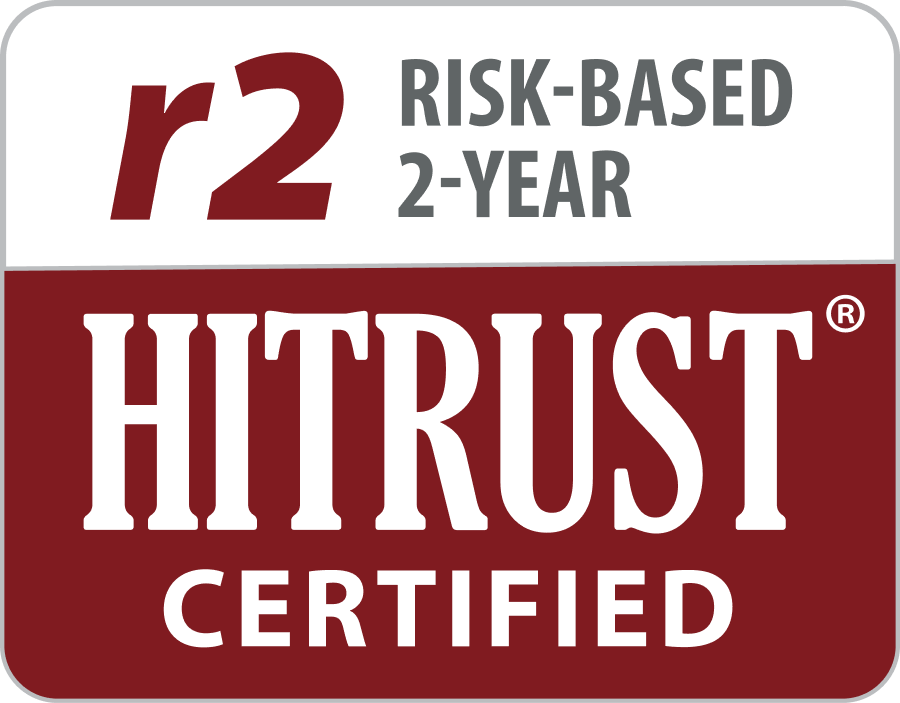Since 2021, the OIG has issued 24 audit reports, and four of the reports have been published so far in 2023. These audits identified more than $400 million in overpayments, with approximately 72% of audited HCCs not validated / supported within the medical documentation
The Office of the Inspector General (OIG) has recently presented at widely attended risk adjustment conferences. With the rapid growth of Medicare Advantage (MA) program enrollment, which is expected to exceed 50% of all Medicare beneficiaries by 2024, the OIG has made it a high priority to ensure comprehensive oversight as these programs expand. The OIG’s primary goals are to promote access to high-quality care, provide comprehensive financial oversight, and promote data accuracy and data-driven decisions.
A key focus area for the OIG is risk-adjusted payments to Medicare Advantage plans. The agency has identified ten specific high-risk condition scenarios and mis-keyed diagnoses as consistent sources of potential overpayments to health plans, and have established audit protocols for audits. Since 2021, the OIG has issued 24 audit reports, and four of the reports have been published so far in 2023. These audits identified more than $400 million in overpayments, with approximately 72% of audited HCCs not validated / supported within the medical documentation. Throughout the audit reports, the OIG provided several recommendations to Medicare Advantage organizations, including refunding overpayments to CMS, enhancing policies and procedures, and identifying and examining high-risk diagnoses for years outside the audit period.
The OIG’s efforts to expand its oversight have significant implications for managed care organizations (MCOs), providers and beneficiaries. For MCOs, increased scrutiny may lead to a greater likelihood of an audit and the potential for significant financial penalties for non-compliance. Healthcare providers contracting with MCOs will need to be more vigilant in their compliance with regulations and policies pertaining to the accuracy of diagnosis data submitted on encounters. And for beneficiaries, increased oversight may lead to improved quality of care.
The OIG’s expanded oversight of Medicare Advantage plans is a significant development for the healthcare industry. As plans continue to grow enrollment, it’s essential that MA plans integrate the OIG’s findings and recommendations to ensure compliance with regulations and policies, reduce the risk of overpayments, and provide high-quality care. This proactive approach can also help plans avoid potential financial penalties associated with non-compliance, as well as the reputational risk of being named in an OIG audit.
ATTAC Consulting Group has the expertise to ensure that completeness and accuracy of risk scores are always at the forefront of your organization’s risk adjustment program. With a pulse on the latest industry trends, and knowledge of where to look, ATTAC is uniquely positioned to support your organization as it navigates the implementation of OIG best practices and recommendations.

